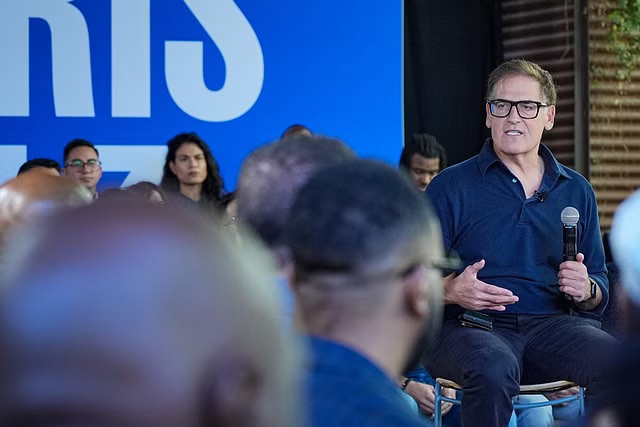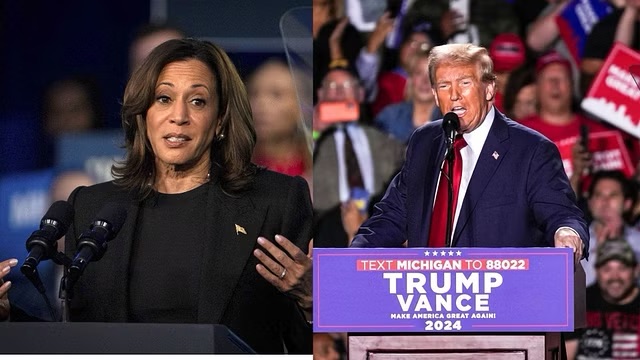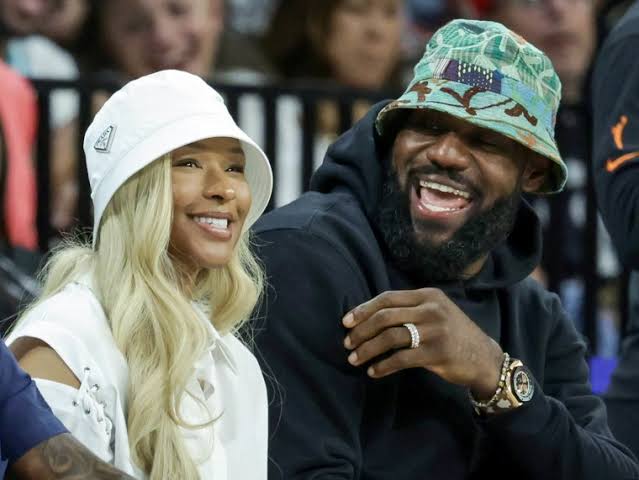As the 2024 presidential election heats up, Mark Cuban has been vocal about his political views, using his platform to discuss key issues. However, his recent remarks have sparked significant controversy, culminating in an apology that reflects the tensions surrounding the campaign. Known for his straightforwardness, the NBA owner found himself at the center of a media storm after a pointed comment about Donald Trump.
In a recent interview, Cuban stated, “Donald Trump never surrounds himself with strong, intelligent women. It’s simple; they intimidate him.” This bold assertion caught the attention of Trump, who quickly took to X (formerly Twitter) to respond. In the aftermath of Trump’s tweet, Cuban felt compelled to clarify his remarks. “When I said this, I didn’t express myself as I intended. I apologize to anyone who felt slighted,” he posted, adding, “No excuses. I can’t nail every interview, but I’m tough enough to handle the fallout.”
Despite the backlash, including criticism from both Trump and members of the female community, Cuban remains steadfast in his support for Kamala Harris. He acknowledged the impact of his words while trying to explain his perspective on Trump’s discomfort with being challenged, particularly by women. “I respect many intelligent women, including my own family members, who will vote for Trump,” he noted, highlighting notable female figures from Trump’s administration.
Cuban’s apology seems to have been a strategic move, recognizing the potential fallout from his comments. His willingness to own up to his mistakes may mitigate some of the backlash, especially considering his track record as a vocal supporter of Harris. With only days left before the election, Cuban is keen to redirect the focus back to the issues that matter most to him.
The urgency of the election looms large, with Americans preparing to cast their votes in just four days. Cuban’s experience as a public figure is evident in his approach; while he acknowledges his slip-up, he emphasizes that the core of his political beliefs remains intact. As he navigates this politically charged landscape, Cuban’s commentary on the intersection of gender and politics adds another layer to the ongoing discourse.
In a landscape where every word can spark outrage, Cuban’s situation serves as a reminder of the fine line public figures walk when expressing their views. Whether his apology will suffice to quell criticism remains to be seen, but it undoubtedly highlights the complexities of modern political dialogue.




